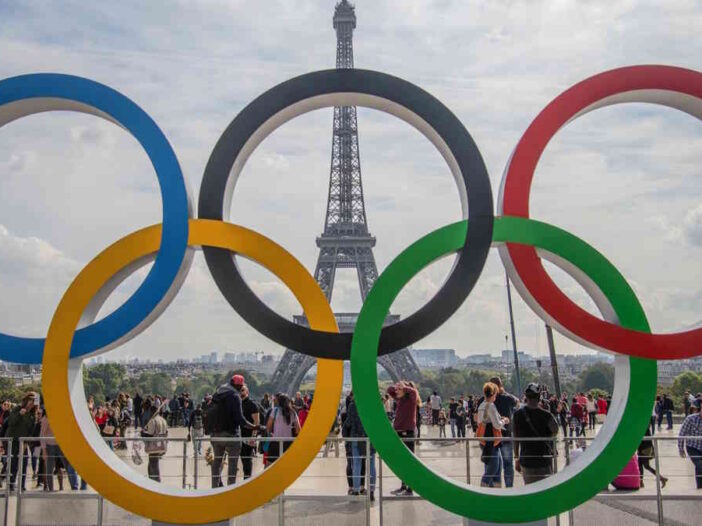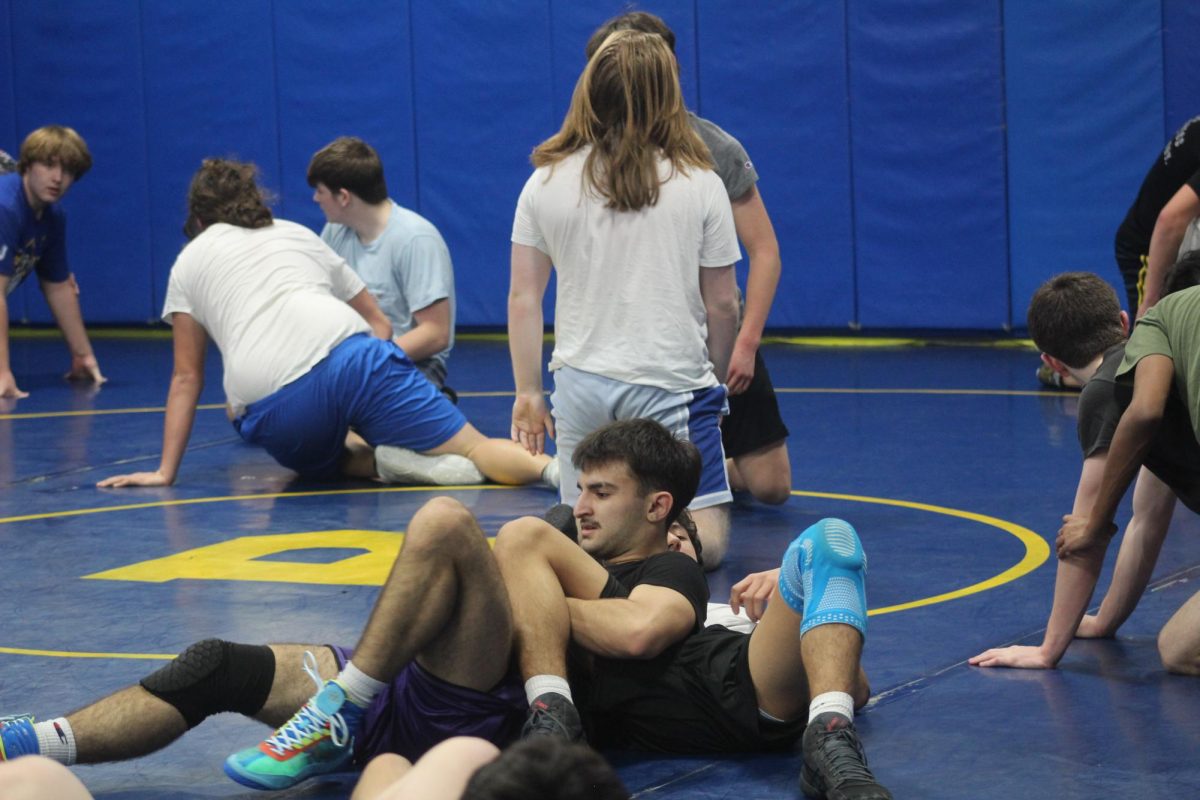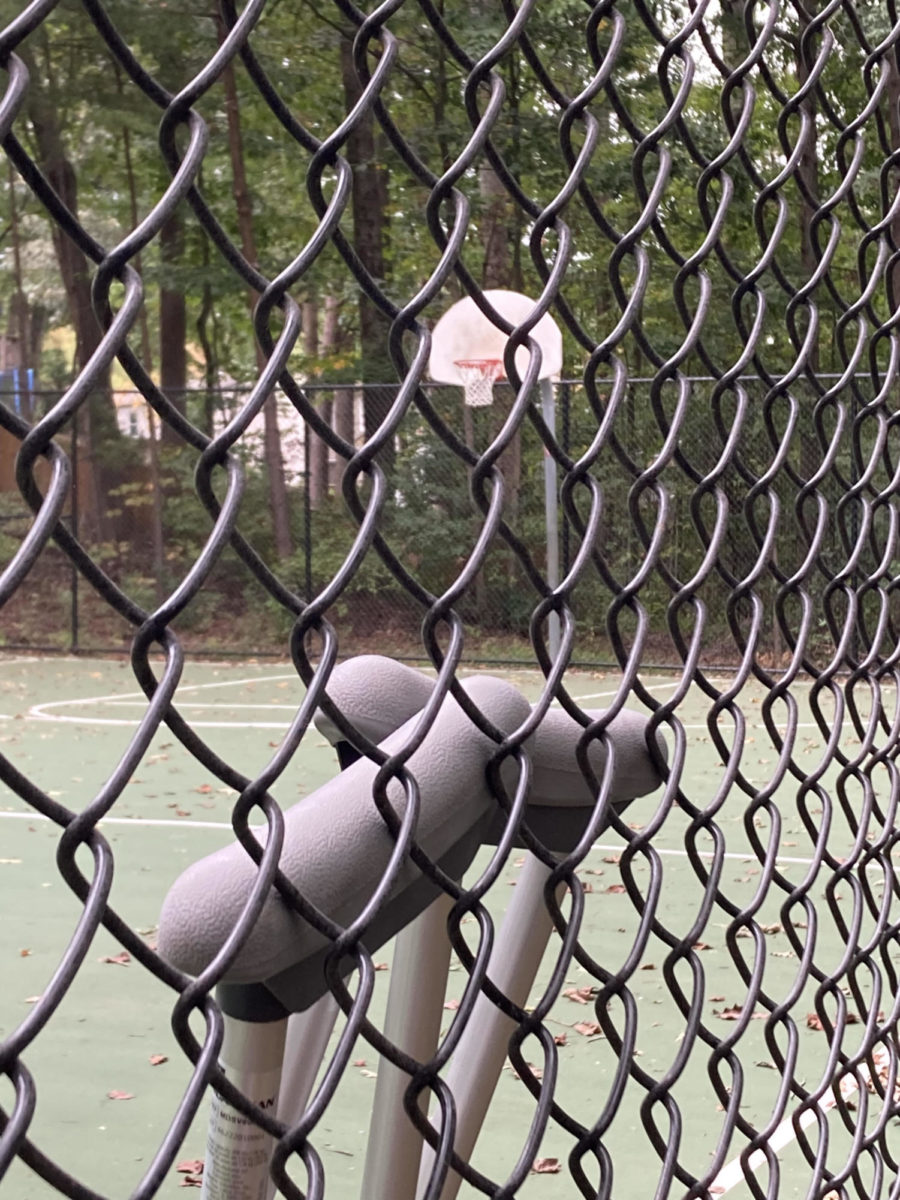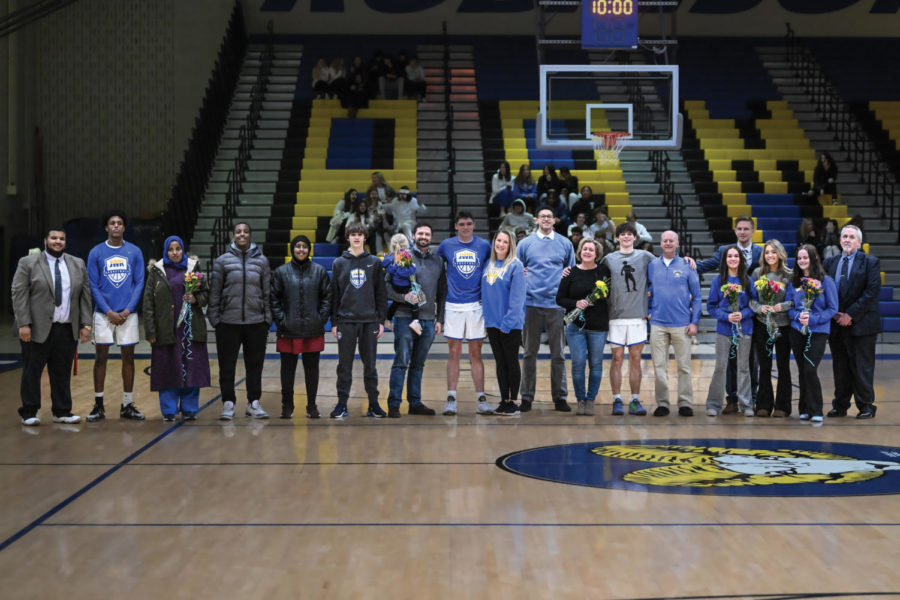Imagine you had the chance to compete in the most prestigious competition in the world of sports. You step onto the floor, shouldering the weight of billions of invisible eyes and their growing anticipation. It’s going to be close if you want the podium, stacked against the best athletes in the world, but you’ve trained for this your whole life. Steely silence; you begin. In a blur, it’s over. You offer a smile to the judges and step off the floor; you’ve done your part. But was your part good enough? The exhilaration and anxiety builds over the huddled, urgent whispers of the judges at the table. You see your name printed on the podium, but the whispers continue, somehow audible to you over the stadium’s roar. Your name disappears, replaced by another. There was a technicality in the judges scoring- you didn’t make the cut. The podium dream is ripped away.
This was the reality for Olympic gymnasts Ana Bărbosu and Jordan Chiles, who competed in the Women’s Floor Exercise Final on Aug. 5 at the 2024 Paris Olympic Games. Barabosu was trailing behind Brazil’s Rebeca Andrade and America’s Simone Biles for the bronze medal, scoring a 13.700 for her floor routine, and tying with another Romanian athlete, Sabrina Maneca-Voinea. Her performance was followed by that of American athlete Jordan Chiles who finished with a 13.666.
However, upon an appeal from Team USA, it was discovered that the judges had incorrectly scored one of Chiles’ stunts, bumping her score to a 13.766. With this correction, she’d beaten out Bărbosu to win the bronze medal for the United States.
In response, Team Romania filed its own inquiry, presenting evidence that Team USA Coach Cecile Landi requested a review of Chiles’ scoring four seconds too late. In gymnastics, coaches are granted one minute after scores are posted to approach the judges panel about an inquiry, after which they must hold their peace. According to Team Romania, Coach Landi arrived in one minute and four seconds, meaning the inquiry was invalid.
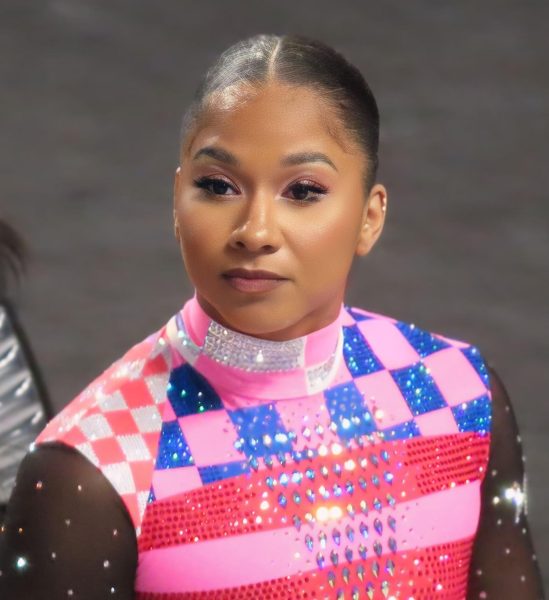
They also attempted to appeal the score of Maneca-Voinea, who they believed had been unjustly penalized for an out-of-bounds landing. However, that appeal was disregarded by the judges panel.
A battle ensued in the Court of Arbitration for Sport (CAS), the International Olympic Committee’s judicial body organized to settle disputes in sports rulings. Judges reviewed the evidence brought forth by both parties. At the end of the week-long trial, the CAS ruled in favor of Team Romania, returning the bronze medal to Bărbosu on August 11. Even in light of new evidence which shows Landi arriving at the judges table in 47 seconds to make the inquiry, the Court has said it cannot rehear the case and will not overturn the medal ruling.
According to Robinson gymnast Iskandar Aoun, a junior, the ruling is difficult for both parties. “If they had evidence that it was under one minute that the inquiry was made, and they won’t accept it, that’s also not fair to [Chiles],” said Aoun. “But if you think about the Romanian who did score a higher point than her based on the judges who had a higher score, and then it was taken away because of the inquiry, then it’s not fair to her either that she didn’t place.”
The controversy brings into discussion how much regulations should be put into scoring, particularly ones which are out of the athlete’s control. Are regulations such as these effective measures to ensure fairness or negatives which compromise the Olympic spirit?
Judges are a critical part of sports, particularly in gymnastics, where even small decisions can have large impacts. “In gymnastics scores can be one tenth or one one-hundredth off, [so] every little thing counts,” said Aoun.
So when judges miss something in an athlete’s routine, which isn’t uncommon, it can lead to a shift in the scoring. “In my experience, there have been judges who have missed skills, or specific bonuses [which] give you points,” said Aoun. “One time… I got a point and one tenth off which is huge, because the judge didn’t count my bonus and my three virtuosities.” Virtuosities are recognitions made by judges for an athlete who performs a skill to a degree of style and elegance, and is one of the pillars of criteria for gymnastics scoring, the other two being risk (how difficult was the skill?) and originality (how unique was the routine?).
So what can be done to avoid future controversies? According to Aoun, unlike other sports, gymnastics lacks any indication that an athlete has done something technically incorrect, such as stepping out of bounds. Issuing penalties is based on the subjective view of the judges and whatever evidence they have available to them. “If they made something that could run back the routines so they could fully see if they made the skill or not, then that would be super helpful,” said Aoun.
“[Rules] are there for a reason,” explained Aoun. “[But] there’s stuff that you can’t really control, what if someone bumps into you on the way to submit it, if it’s technological, if it takes a while for it to load and therefore is over one minute. The athlete does everything in their ability to do well. After that it’s out of their hands.”
The emotional roller coaster of this controversy has had a great impact on both athletes. In a statement released on her Instagram account, Chiles lamented the loss but remained positive, saying “I have no words. The decision feels unjust and comes as a significant blow, not just for me, but to everyone who has championed my journey.”
Further, Chiles spoke out against the racially driven attacks on her character in the aftermath of the controversy, saying “I’ve poured my heart and soul into this sport and I am so proud to represent my culture and my country.”
In a statement, Bărbosu expressed empathy for the position of her fellow Olympic gymnasts. “Sabrina [Maneca-Voinea], Jordan, my thoughts are with you. I know what you are feeling, because I’ve been through the same. But I know you’ll come back stronger.” After first losing the medal, Bărbosu appeared distraught, and quickly rushed away to the locker room after the initial judges’ decision. Bărbosu shared her confidence in Chiles and Maneca-Voinea, stating, “I hope from deep of my heart that at the next Olympics, all three of us will share [the] same podium,” said Bărbosu. “This is my true dream!”



